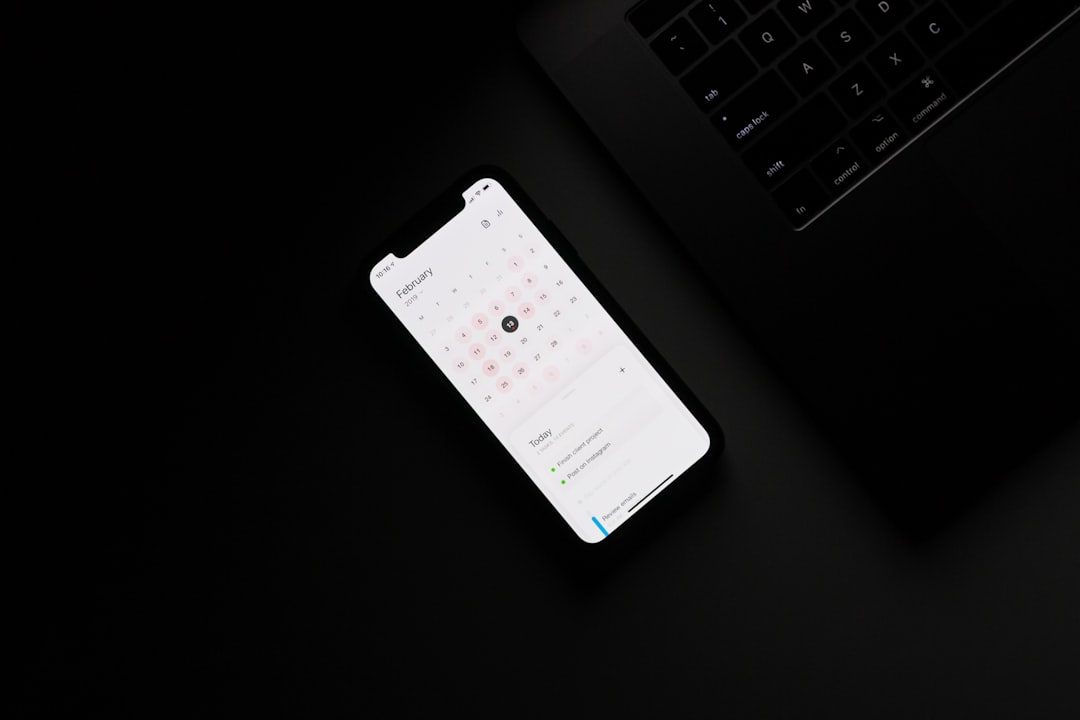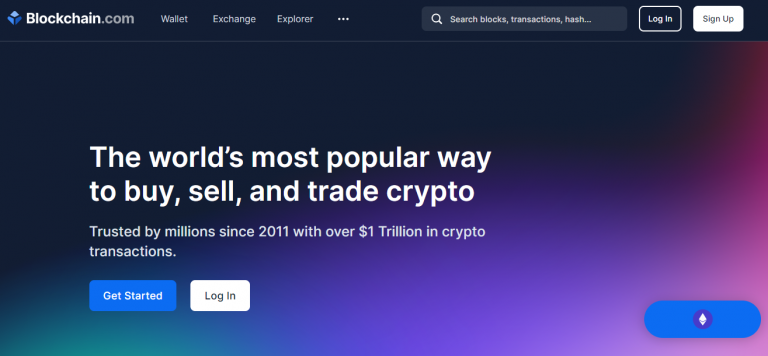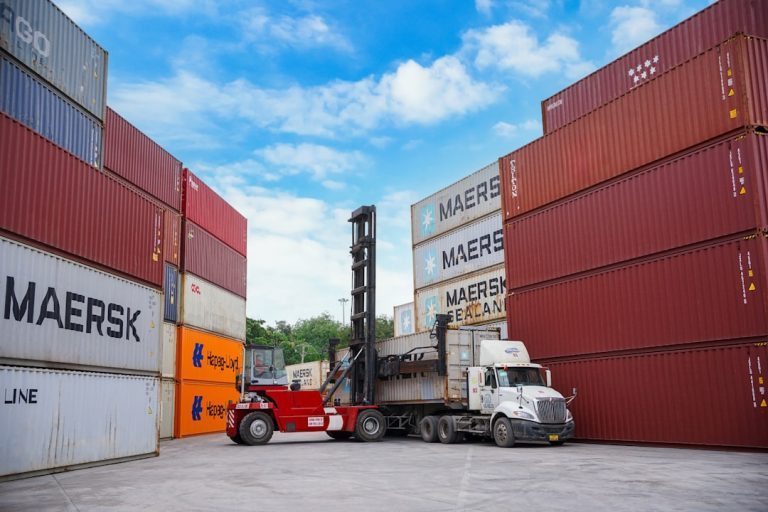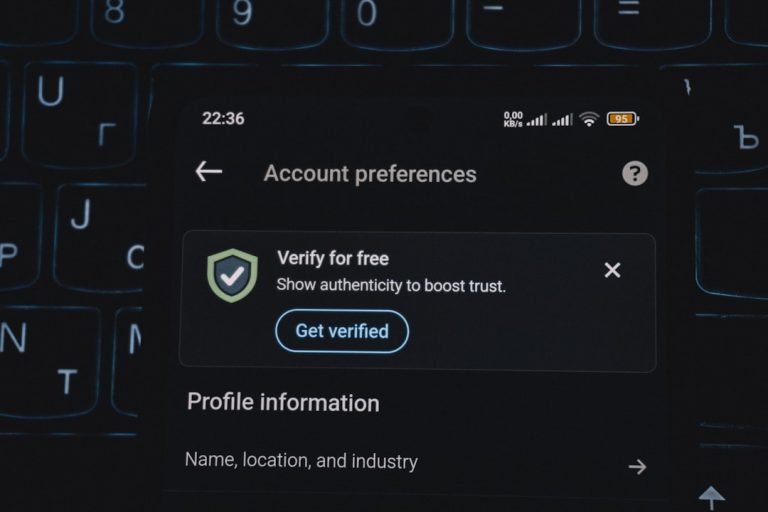Planning an Initial Coin Offering (ICO) is an exciting venture, but choosing the right jurisdiction can be the key to success. One location that has rapidly become a favorite among blockchain startups is the British Virgin Islands (BVI). With its flexible regulatory regime, tax neutrality, and business-friendly approach, the BVI offers a compelling environment for token issuance.
Why Choose the British Virgin Islands for an ICO?
Located in the Caribbean, the BVI is a globally recognized offshore financial center. Entrepreneurs looking to conduct an ICO are increasingly drawn to the BVI because of its favorable legal and tax structures. Here’s why:
- No corporate income tax on BVI Business Companies.
- Simplified regulatory framework for technology-driven business models.
- Fast and cost-effective company incorporation process.
- Recognition in international markets as a stable and reputable jurisdiction.
The BVI’s approach to digital assets is proactive rather than reactive. Instead of heavy regulation, the territory has opted for a case-by-case assessment, offering flexibility that helps early-stage blockchain ventures thrive.
Token Classification in the BVI
Before launching an ICO, understanding the classification of your token is critical. The BVI does not have a single legislative framework that governs ICOs or tokens. Instead, token classification aligns with existing laws, and falls into three main categories:
- Securities tokens – These represent shares, debt, or other securities and are subject to financial regulation.
- Utility tokens – These provide access to a platform or service and typically fall outside traditional financial regulations.
- Payment tokens – These are used as a medium of exchange and may trigger anti-money laundering (AML) requirements.

An issuer must assess the characteristics of the token and determine whether it falls under the BVI Securities and Investment Business Act (SIBA). If a token qualifies as a “security,” then the issuer may require a license from the BVI Financial Services Commission (FSC).
Steps to Launch a Token in the BVI
Issuing a token in the BVI is relatively streamlined, but there are several essential steps you must follow:
1. Incorporate a Legal Entity
The standard vehicle for ICOs in the BVI is the BVI Business Company (BVIBC). This entity offers global credibility, limited liability protection, and ease of operation.
2. Draft a Whitepaper
Your whitepaper should clearly outline the purpose of the token, technical architecture, tokenomics, and distribution model. While the BVI does not impose strict requirements, transparency and disclosure are crucial to maintaining investor confidence and building trust.
3. Conduct a Legal and Regulatory Review
Engage local legal counsel to determine whether your token would be classified as a security under SIBA. This step is vital for ensuring full compliance with BVI law and avoiding unintended regulatory consequences.
4. Implement AML/KYC Procedures
Even though utility and payment tokens often fall outside the scope of license obligations, AML and Know Your Customer (KYC) procedures are a must. Establishing a solid identity verification process safeguards your offering and helps maintain banking relationships.
5. Develop Smart Contracts
Your tokens will likely be minted on a blockchain via smart contracts. Ensure your code is secure, well-audited, and transparent to minimize the risk of fraud or security breaches.

Tax Considerations
The BVI is known for its zero-tax regime for business companies. There is no corporate income tax, capital gains tax, or withholding tax, making it an ideal location for startups and token issuers. However, ICO organizers must still be mindful of “economic substance requirements” imposed to align with global standards. Depending on the type of business activity and revenue sources, your BVI entity may need to demonstrate adequate management and operations within the territory.
Working with Professionals
To navigate the complex terrain of token issuance, it is highly recommended to engage qualified professionals in the BVI who understand both local regulations and the global cryptocurrency ecosystem. These include:
- Law firms specializing in digital assets and fintech law.
- Tax advisors to help optimize cross-border token distribution.
- Compliance consultants for AML/KYC setups.
Partnering with the right advisors not only ensures regulatory compliance but also enhances investor confidence during your fundraising process.
Conclusion
Launching an ICO in the British Virgin Islands offers a compelling combination of legal flexibility, tax efficiency, and global credibility. While the BVI remains friendly to innovation, proper legal and regulatory due diligence remains essential. With the right approach, the BVI can serve as a strategic launchpad for your blockchain project, setting your token up for long-term success.




